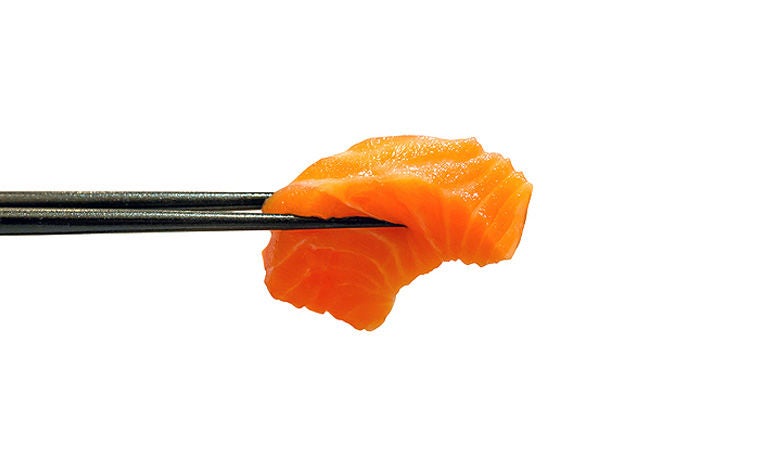
Salmon is packed with high-quality proteins and omega-3 goodness.
"If you are seeking high-quality proteins that also packed with omega-3 goodness then look no further; salmon’s your choice," advised Dietitian Goh Qiu Le from Dietetic & Food Services, Changi General Hospital (CGH), a member of the SingHealth group.
Essential fatty acids are 'good' fats
Essential fatty acids are fats that our bodies are unable to synthesise, and therefore must be obtained from our diet. Essential fatty acids serve to maintain structural integrity of our cells, and also support our brain and nervous system.
There are two groups of essential fatty acids:
- Omega-3 and
- Omega-6 fatty acids
Omega-6 fatty acids are found in large amounts in our everyday foods such as grains, plant-based oils, eggs etc. Omega-3, however, is often under-consumed.
Related article: 5 Reasons why women need Omega-3
Benefits of Omega-3
The documented benefits of sufficient omega-3 intake include:
- Heart health: lowers risk of cardiovascular diseases and stroke, reduction in triglyceride levels
- Potential alleviation of cognitive decline in elderly
- Pain reduction in individuals with rheumatoid arthritis
Omega-3 (EPA, DHA) is primarily present in cold-water fish, such as salmon, tuna, mackerel and sardines. The American Heart Association recommends 2 servings of fatty fish a week to meet our omega-3 requirements – one serving is around 100g cooked, which comes out to approximately a palm-sized portion.
Other health benefits of salmon
Apart from its rich omega-3 content, a serving of salmon (100g cooked) contains around 23g of protein. Protein is involved in muscle tissue and repair. We should aim for 0.8g protein per kg bodyweight for adequate intake – this translates to 56g protein for a 70kg male.
Astaxanthin, an antioxidant, gives salmon its pinkish hue.
Related article: Benefits of antioxidants
While early research points towards its anti-inflammatory benefits in certain disease states (eg neurodegenerative and skin diseases), more studies need to conducted before conclusive associations can be drawn.
Related article: How effective are antioxidants in preventing cancer?
Ref: L20
Try these yummy salmon recipes at home!
Flaked Seared Salmon with Herb Brown Rice Salad (Recipe by Chef Jimmy Chok)
Pan-seared Salmon Fillet with Nuts, Spices and Herbs
Contributed by

















 Get it on Google Play
Get it on Google Play